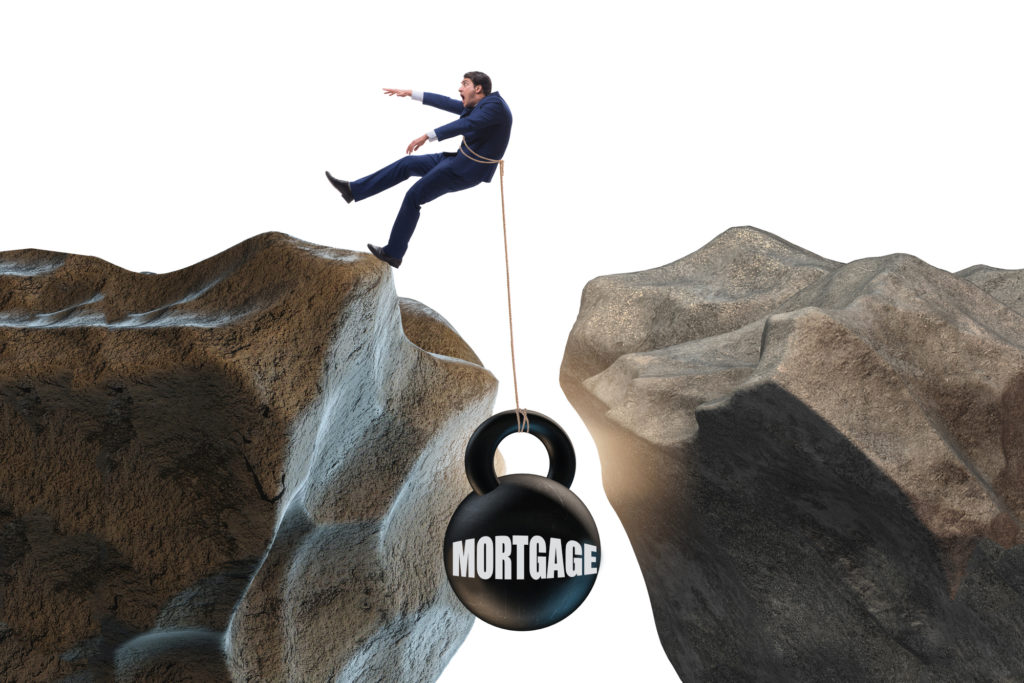When Is It Too Late to Do a Short Sale?
When a borrower reaches out to us that they are in trouble with their property and their finances, we do our best to encourage them to act in a timely manner. In many cases, fear or procrastination has brought the borrower to the edge of the precipice of foreclosure. If you are someone in trouble or are a Realtor with a client in trouble, it’s best to reach out to an expert to see if experienced and professional help can solve their problem, before it’s too late. The motto, “the earlier the better” applies!
When Is a Short Sale Possible?
The solution may be a short sale if the property is worth less than the loan amount [the first qualifying factor], after deducting commissions and closing costs. A short sale is a settlement of a debt for less than the full amount of the loan. It is infinitely better for the borrower than a foreclosure. A completed short sale typically stops a lawsuit on the forgiven unpaid loan balance and also is viewed more favorably by credit bureaus. Both outcomes greatly assist the borrower making a fresh start, and that is a very worthy objective.
The second important qualifying factor is whether we can prove that the borrower in trouble is truly having a hardship. We have a lot of experience in determining that there is a hardship due to unemployment, illness, death of a spouse, divorce, etc.
Determining if “it’s too late” to execute a short sale typically depends on where the party is in their lender’s time sequence before foreclosure. The identity of the institution that owns the loan [versus the servicer who receives the payment] and the type of loan both factor into the time sequencing. For example, an FHA loan takes longer than a conventional loan to resolve. Some lenders are harder to work with than others.
In general, once a borrower falls behind in their loan payments, the pre-foreclosure process begins. It usually is several months before the borrower will receive legal notice that they have thirty days to “cure”/resolve their default. After the borrower runs through the thirty days, most lenders will send a legal Notice of Foreclosure, scheduling the auction. This is done by the attorneys representing the lender.
After eleven years of performing hundreds of short sales, we at Short Sale Specialists St. Louis are confident that we can help most people avoid a foreclosure up until fourteen days before the scheduled auction. Lenders typically shut down further mitigation efforts at this point. That is when “late is too late”!
It is critical for a defaulting borrower [or a borrower who expects to default] to move themselves into a short sale process “track” with their lender. Engaging a short sale negotiator is usually a reliable way to avoid being in the wrong “track”.
The short sale solution can be a tedious and often frustrating negotiation process. For most Realtors it is a service best outsourced to experts specializing in short sales. It is important to note that the services of Short Sale Specialists St. Louis are fully contingent, with the buyer paying the separate fee upon successful closing of the sale. The Realtor commissions are separate from the short sale negotiation fee. Finally, The seller is not responsible for paying the short sale fee.

